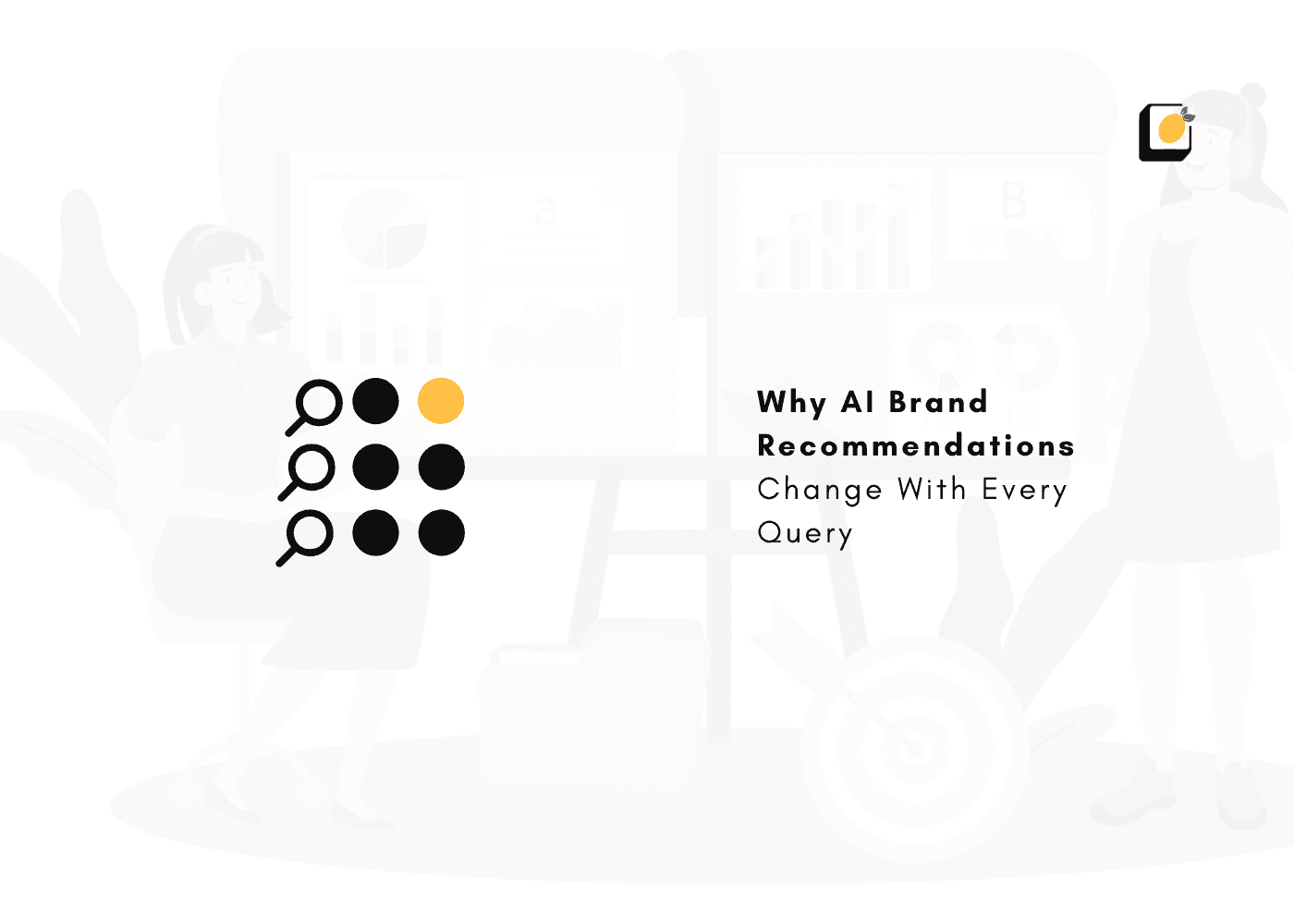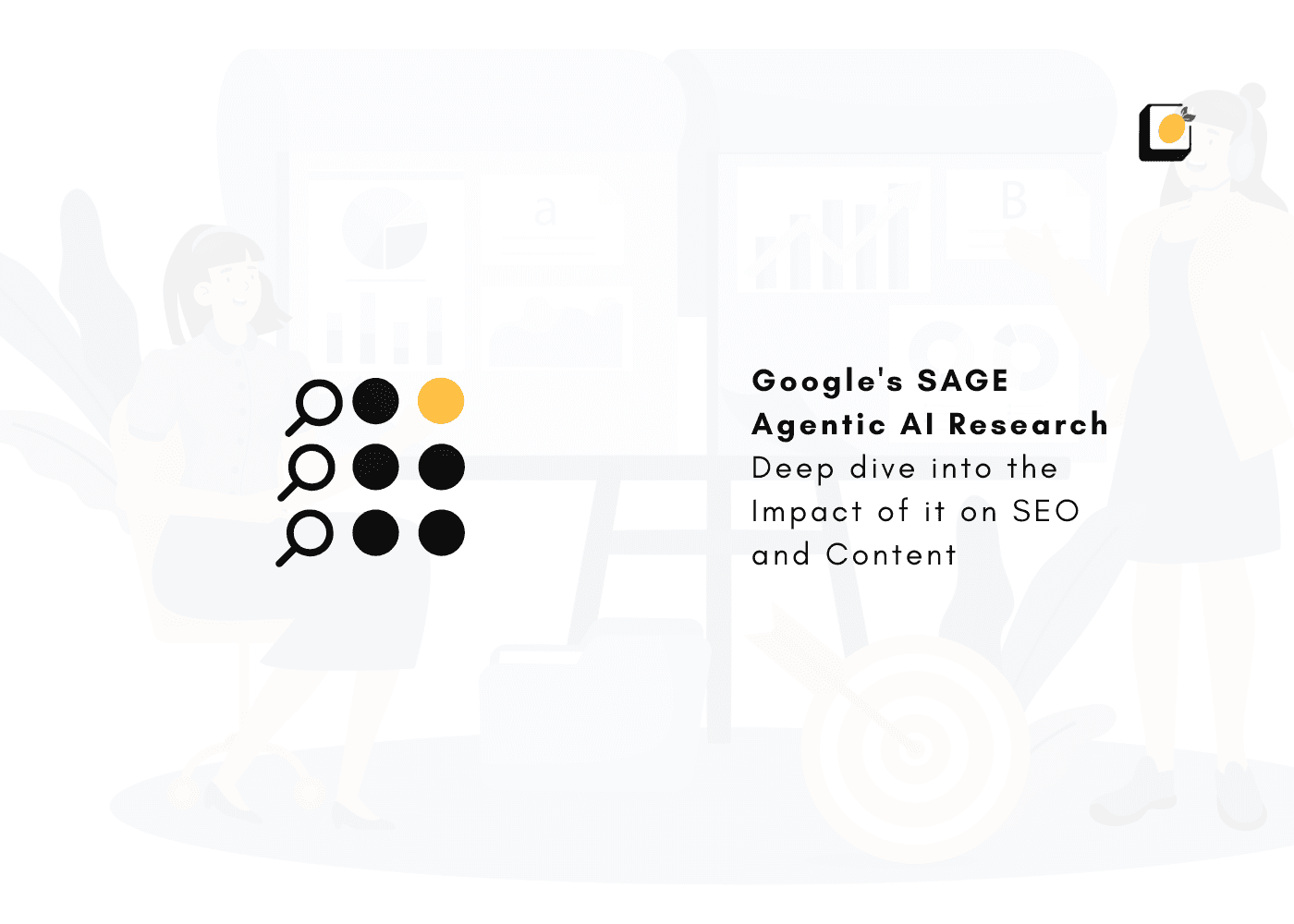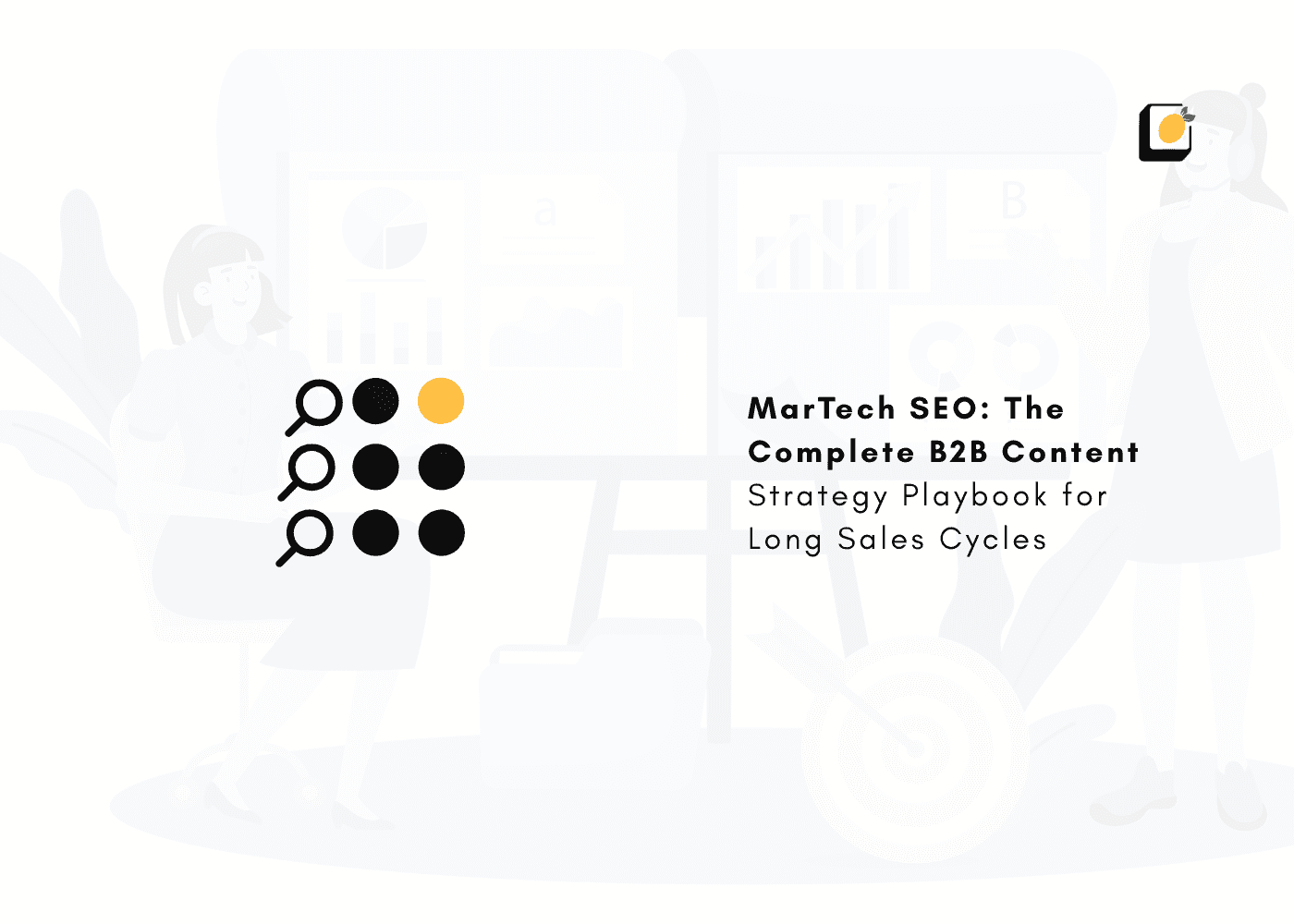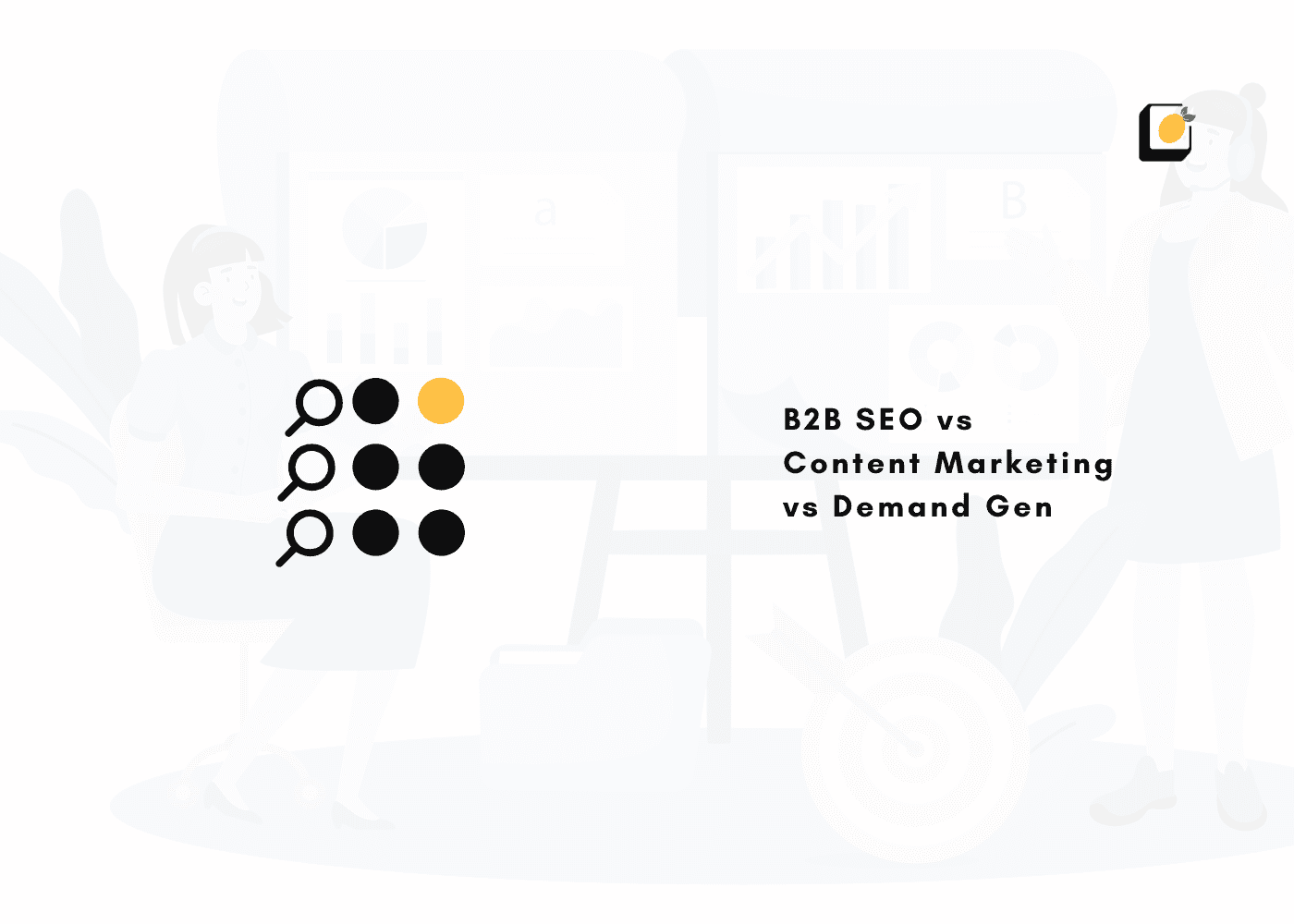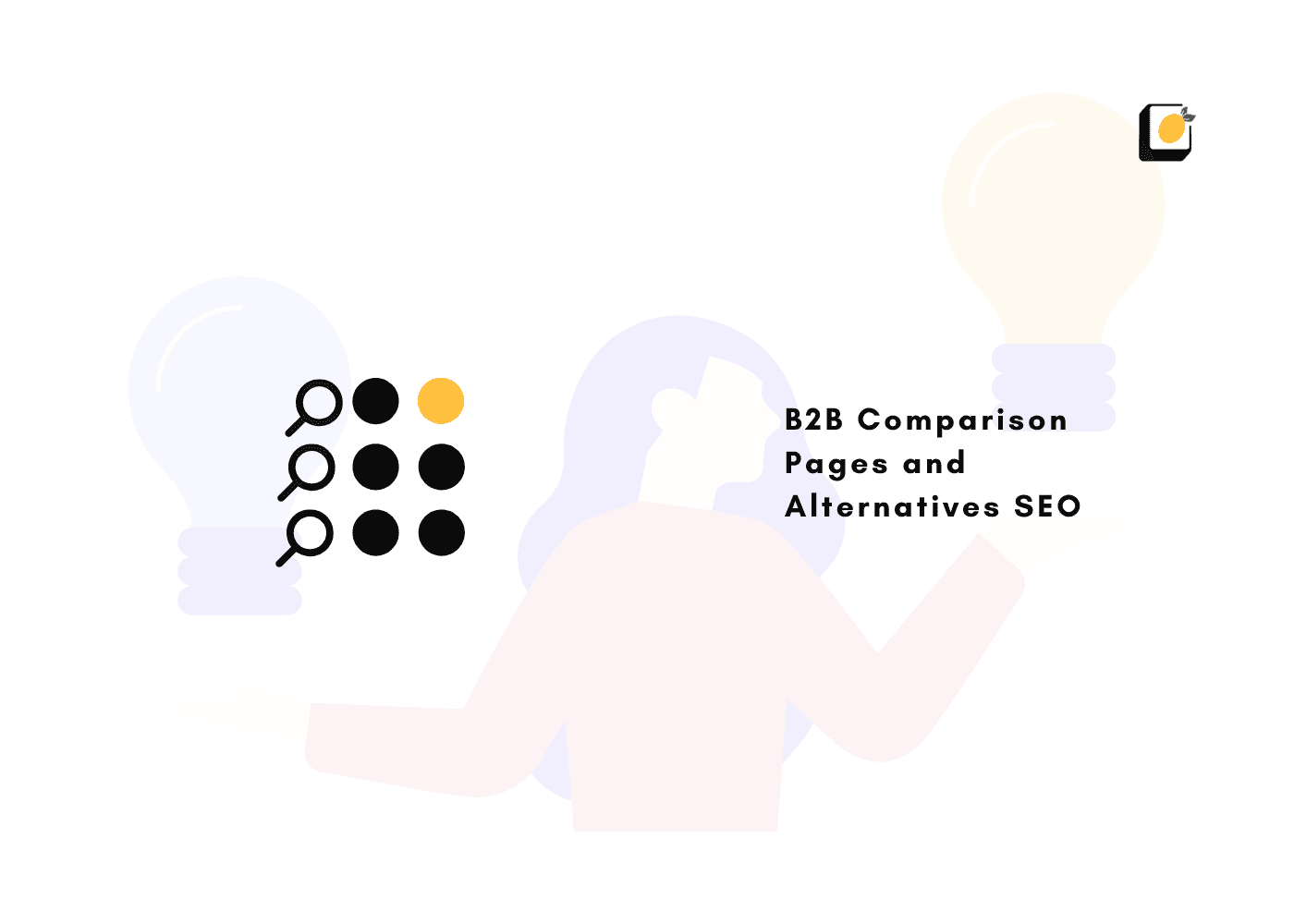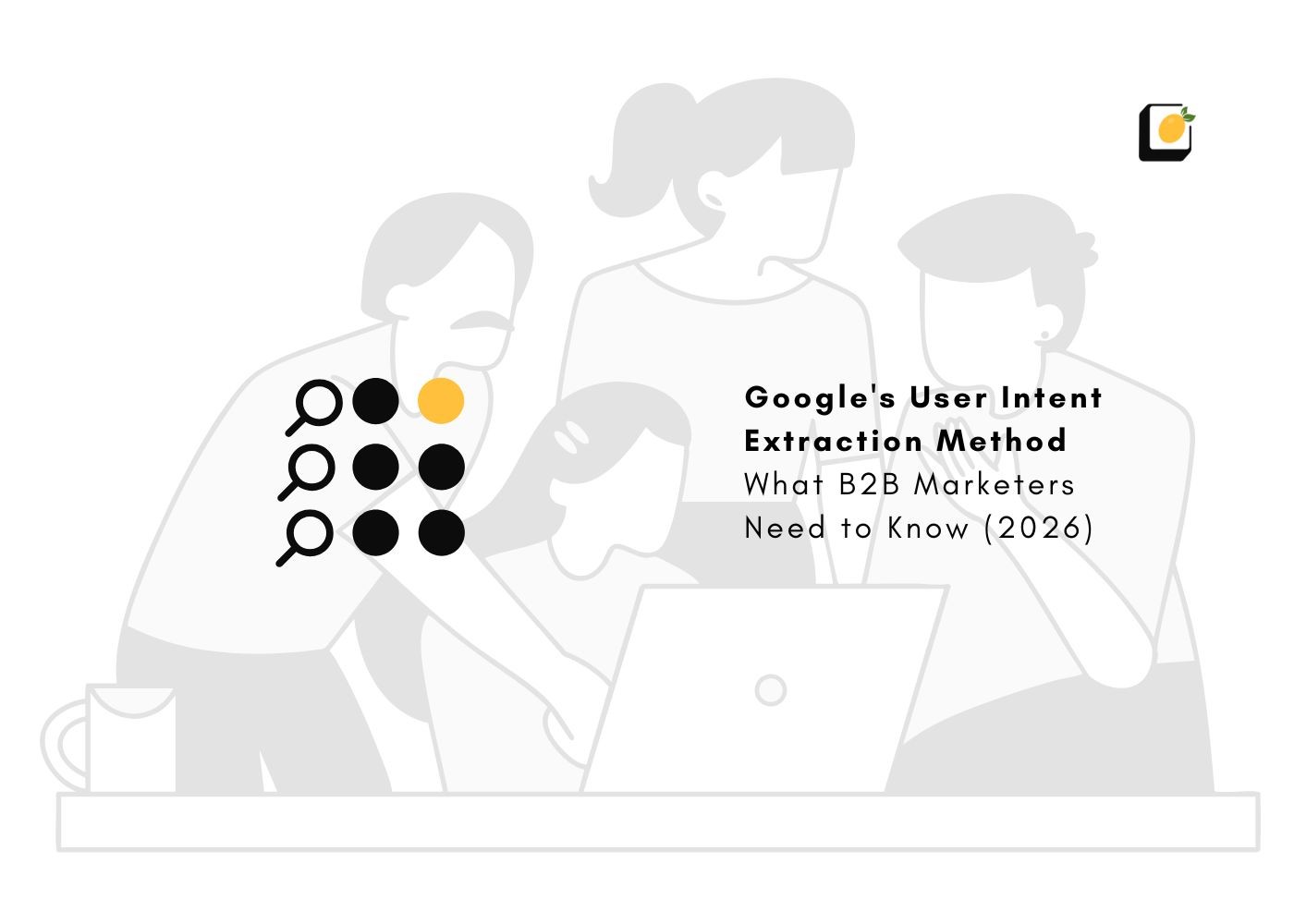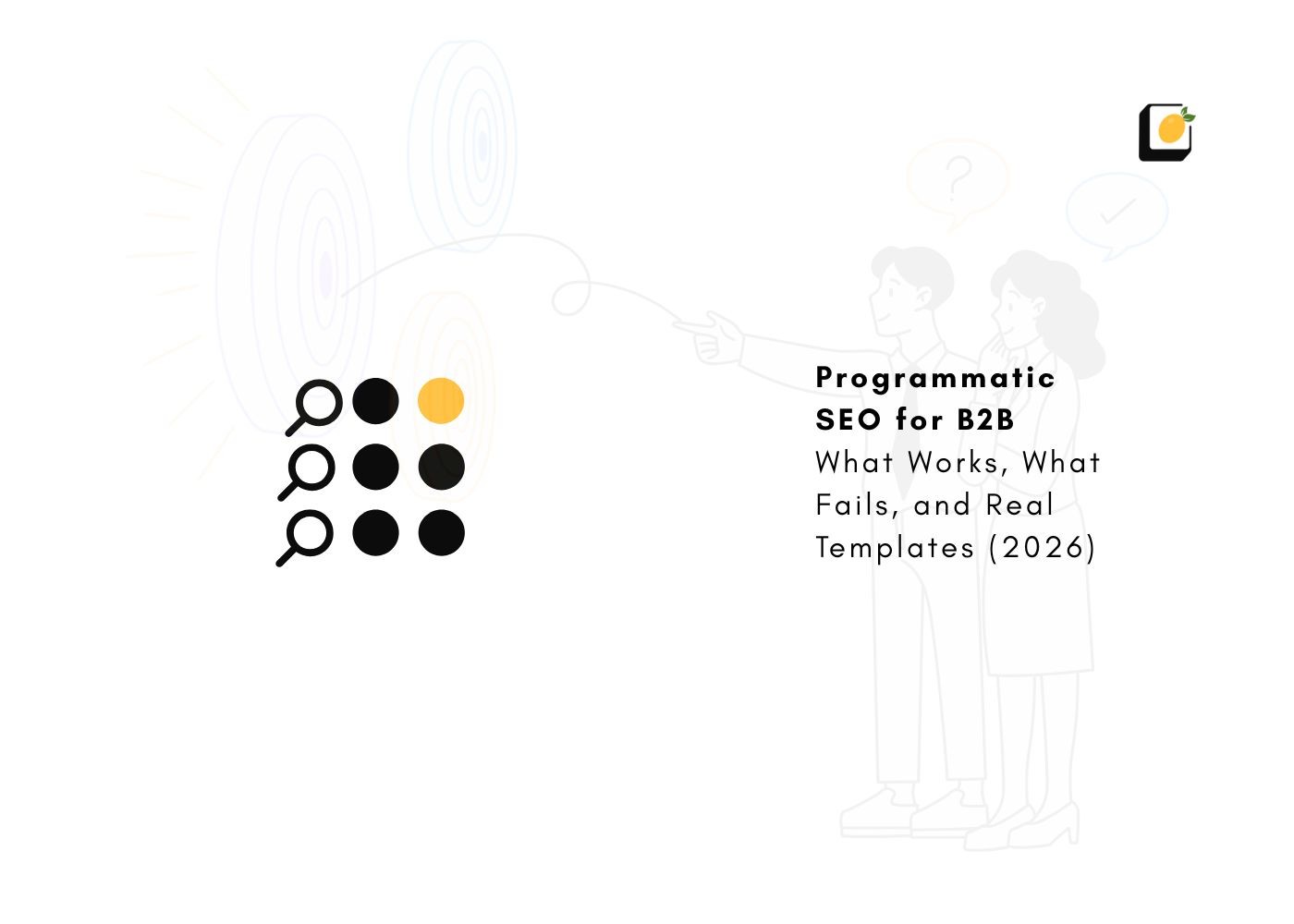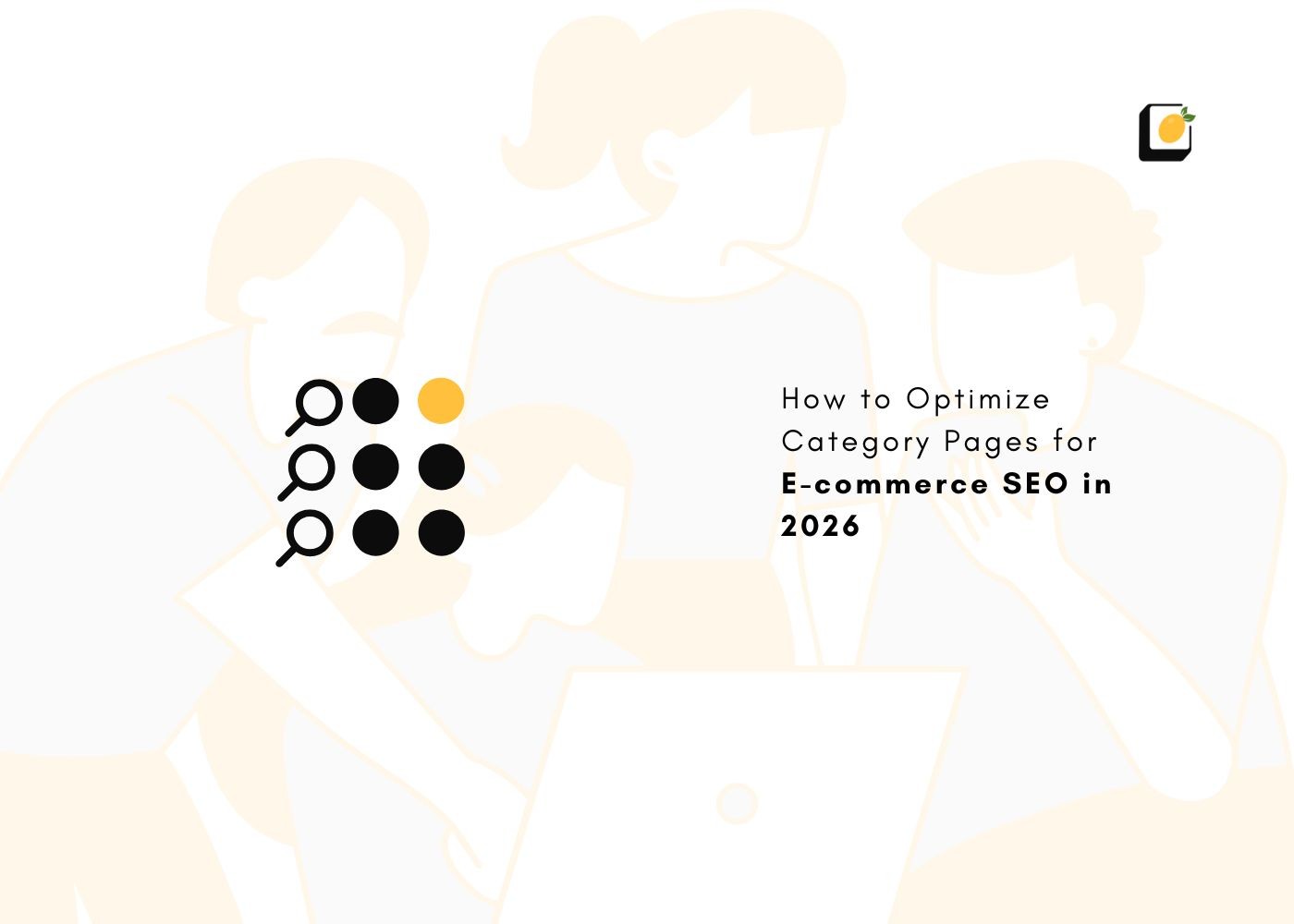Top 10 Programmatic SEO Tools for E-commerce (with Templates)
September 20, 2025
Join 500+ brands growing with Passionfruit!
Ecommerce sites often juggle thousands of SKUs, product variants, and categories. Traditional SEO, optimizing one page at a time, isn’t scalable for this environment. That’s where programmatic SEO (PSEO) comes in.
Programmatic SEO uses automation, structured data, and templates to generate thousands of optimized landing pages at scale. Instead of manually writing content for every long-tail keyword, PSEO tools allow ecommerce brands to create structured, search-optimized pages powered by dynamic content fields. This approach helps stores capture long-tail search demand without creating thin or spammy content.
Unlike traditional SEO, which relies heavily on manual optimization, PSEO is about creating guardrails and templates that ensure every page meets technical and content standards while scaling fast.
Why Use Programmatic SEO Tools for E-commerce?
Scalability: Ecommerce stores with 10,000+ SKUs can generate unique SEO-optimized product and category pages quickly.
Efficiency: Teams avoid repetitive manual optimization by using templates and automation.
Coverage: Long-tail keywords that usually get ignored can now be targeted systematically.
Top 10 Programmatic SEO Tools for E-commerce
1. Passionfruit – Programmatic SEO for AI + Ecommerce
Why it stands out: Passionfruit is an AI-native digital marketing agency that unites Search Engine Optimization (SEO), Generative Engine Optimization (GEO / AEO), and community engagement (Reddit, etc.) under one roof. We help high-growth ecommerce and SaaS brands capture both traditional search visibility and the new frontier of AI-driven search (ChatGPT, Perplexity, Google AI Overviews).
Passionfruit Labs, our Generative Engine Optimization platform, helps ecommerce businesses track visibility and citations in AI search engines
Key Features:
Access to 25B+ search terms to uncover long-tail opportunities other tools miss.
Scalable content templates pre-built with SEO best practices for titles, metadata, and structured content.
Dynamic internal linking to automatically connect related pages, boosting topical authority.
Performance monitoring at scale, tracking thousands of programmatically generated pages without manual overhead.

2. Clearscope
Why it stands out: Clearscope specializes in semantic coverage. It ensures that programmatically generated pages don’t just include keywords but reflect the topic depth Google expects, making them competitive against editorial content.
Key Features:
NLP-powered keyword insights that identify semantic variations Google expects in high-ranking content.
Real-time content grading system that scores relevance against top SERPs.
Topic modeling integration into programmatic workflows to ensure templates match search intent.
3. Surfer SEO
Why it stands out: Surfer SEO excels at SERP-aligned optimization. It analyzes hundreds of on-page factors from competitors and translates them into actionable template guidelines, making it perfect for ecommerce product and category builds.
Key Features:
SERP analyzer compares 500+ on-page signals across top results.
AI-driven content generator that scales ecommerce descriptions while maintaining readability.
Keyword clustering tools for bulk content planning across product ranges.

4. Ahrefs
Why it stands out: Ahrefs is unmatched in keyword depth and backlink intelligence. For ecommerce, it’s ideal for identifying long-tail gaps, while also tracking how programmatic pages acquire links over time.
Key Features:
Keyword Explorer with over 7 billion queries for long-tail ecommerce targeting.
Site Audit at scale to find crawl, duplicate, or orphan page issues across programmatic builds.
Backlink monitoring to see how templated content performs in link acquisition.

5. SEMrush
Why it stands out: SEMrush shines with keyword clustering and SERP features. Its automation tools make it easy to turn high-volume keyword groups into ready-to-use templates with suggested headings and semantic terms.
Key Features:
Keyword Magic Tool: Cluster and group high-volume ecommerce keywords into ready-to-use templates.
Automated SEO Content Template generator with suggested headings and semantic terms.
SERP feature tracking to help templates capture snippets, People Also Ask, and more.

6. GrowthBar
Why it stands out: GrowthBar is designed for ease of use and AI-driven bulk generation. It’s particularly useful for smaller ecommerce teams who want to scale fast without heavy technical expertise.
Key Features:
AI-driven bulk content generation to create hundreds of optimized descriptions or blogs at once.
Drag-and-drop template builder for ecommerce landing pages.
One-click outlines for scalable blog listicles and product guides.

7. Sitebulb
Why it stands out: Sitebulb specializes in visual technical audits. It helps ecommerce brands validate large-scale builds with detailed reporting on crawlability, schema, and page health.
Key Features:
Visual site audit reports for technical SEO across 1M+ URLs.
Identifies crawl depth problems in massive ecommerce catalogs.
Validates schema implementation for structured ecommerce data.

8. Frase
Why it stands out: Frase excels in question mining and content briefs. It’s great for ecommerce sites that need to populate FAQs and supporting content across thousands of pages at scale.
Key Features:
Generates content briefs aligned with search intent in minutes.
SERP analysis with question mining to surface FAQs relevant to your products.
AI-driven FAQ block generation for ecommerce pages.

9. Screaming Frog SEO Spider
Why it stands out: Screaming Frog is the QA workhorse for programmatic builds. It can crawl over 100k URLs, making it indispensable for identifying technical and metadata issues before launch.
Key Features:
Bulk crawl analysis for 100,000+ URLs at once.
Detects duplicate metadata in programmatic templates.
Broken link identification across vast ecommerce catalogs.

10. WordLift
Why it stands out: WordLift is unique in automating schema and knowledge graphs. It helps ecommerce brands map structured data to product feeds, enhancing visibility in AI and search engines.
Key Features:
AI schema automation for ecommerce product feeds.
Builds knowledge graphs to connect entities across your catalog.
Creates dynamic internal linking structures that strengthen SEO authority.

Comparison Table: Best Programmatic SEO Tools for Ecommerce
Tool | Best For | Key Differentiator |
AI-driven PSEO for ecommerce | Massive 25B+ keyword database + scalable templates | |
Clearscope | Semantic keyword coverage | NLP-powered optimization + content grading |
Surfer SEO | SERP-aligned templates | SERP analyzer + keyword clustering |
Ahrefs | Keyword & backlink tracking | Largest keyword explorer + backlink data |
SEMrush | Keyword clustering & templates | Magic Tool + SERP feature insights |
GrowthBar | AI bulk content | Beginner-friendly drag-and-drop builder |
Sitebulb | Technical SEO audits | Visual reports for massive sites |
Frase | Content briefs & FAQs | AI-driven question mining |
Screaming Frog | QA at scale | 100k+ URL crawl capacity |
WordLift | Schema automation | Knowledge graph + structured data mapping |
How to Choose the Right Programmatic SEO Tool for Your Ecommerce Business
When selecting a PSEO tool, consider:
Integration: Does it work with your ecommerce CMS (Shopify, Magento, WooCommerce)?
Automation depth: Can it handle schema, linking, and content at scale?
Analytics support: Does it track impressions, CTR, and conversions at page-set level?
Guardrails: Does it prevent duplicate or low-quality content that could trigger Google penalties?
The best keyword research tool will align with your ecommerce goals while offering flexibility to adapt to product catalog changes.
Best Practices for Implementing Programmatic SEO Tools
Start with keyword clustering: Group long-tail queries into sets before building templates.
Use guardrails: Ensure templates have minimum word count, metadata uniqueness, and schema validation.
Balance scale with quality: Don’t generate thousands of pages until your templates are polished.
Track performance early: Use Google Search Console and GA4 to monitor impressions and CTR.
Iterate quarterly: Update templates with fresh stats, visuals, and structured data.
Common pitfalls include launching thin content at scale, skipping QA, or over-relying on automation without human oversight.
Maximizing Ecommerce Success with Programmatic SEO Tools
Programmatic SEO tools help ecommerce businesses scale faster, capture long-tail traffic, and maintain technical guardrails for search compliance. From Passionfruit’s AI-driven templates to Screaming Frog’s audits and WordLift’s schema automation, these tools give ecommerce brands everything they need to grow sustainably.
The takeaway: programmatic SEO is not about spamming thousands of pages, it’s about creating structured, intent-driven content at scale. With the right tools and practices, your ecommerce store can turn massive product catalogs into SEO traffic machines.
FAQs
Q1. What is the main benefit of programmatic SEO for ecommerce?
Programmatic SEO enables ecommerce sites to scale thousands of optimized pages quickly, capturing long-tail keyword traffic and boosting visibility without manual content creation.
Q2. Are programmatic SEO tools beginner-friendly?
Yes, some tools like GrowthBar and Frase are designed for beginners, offering templates and automation, though advanced platforms may require SEO knowledge for best results.
Q3. Can programmatic SEO tools replace manual SEO work entirely?
Not fully. While they automate scaling and technical tasks, manual oversight ensures quality control, prevents thin content, and aligns pages with brand voice and strategy.
Q4. How do programmatic SEO tools impact site performance?
They streamline optimization, automate linking, and apply schema at scale, but performance depends on implementation, poorly designed templates can slow sites or reduce relevance.
Q5. Which ecommerce platforms work best with programmatic SEO tools?
Most tools integrate with Shopify, Magento, and WooCommerce. Compatibility ensures smooth implementation, dynamic product updates, and automated optimization across large ecommerce catalogs.


